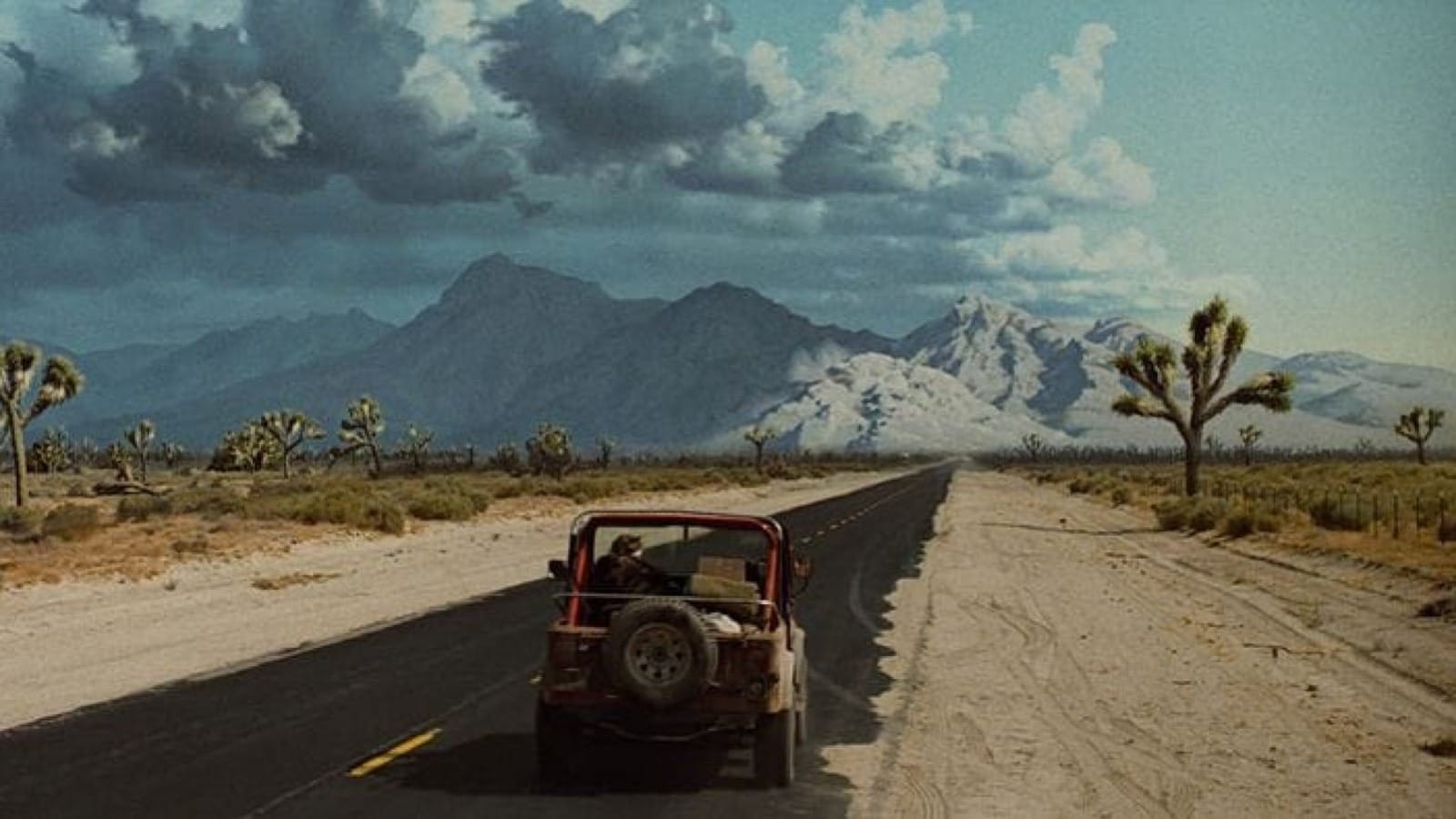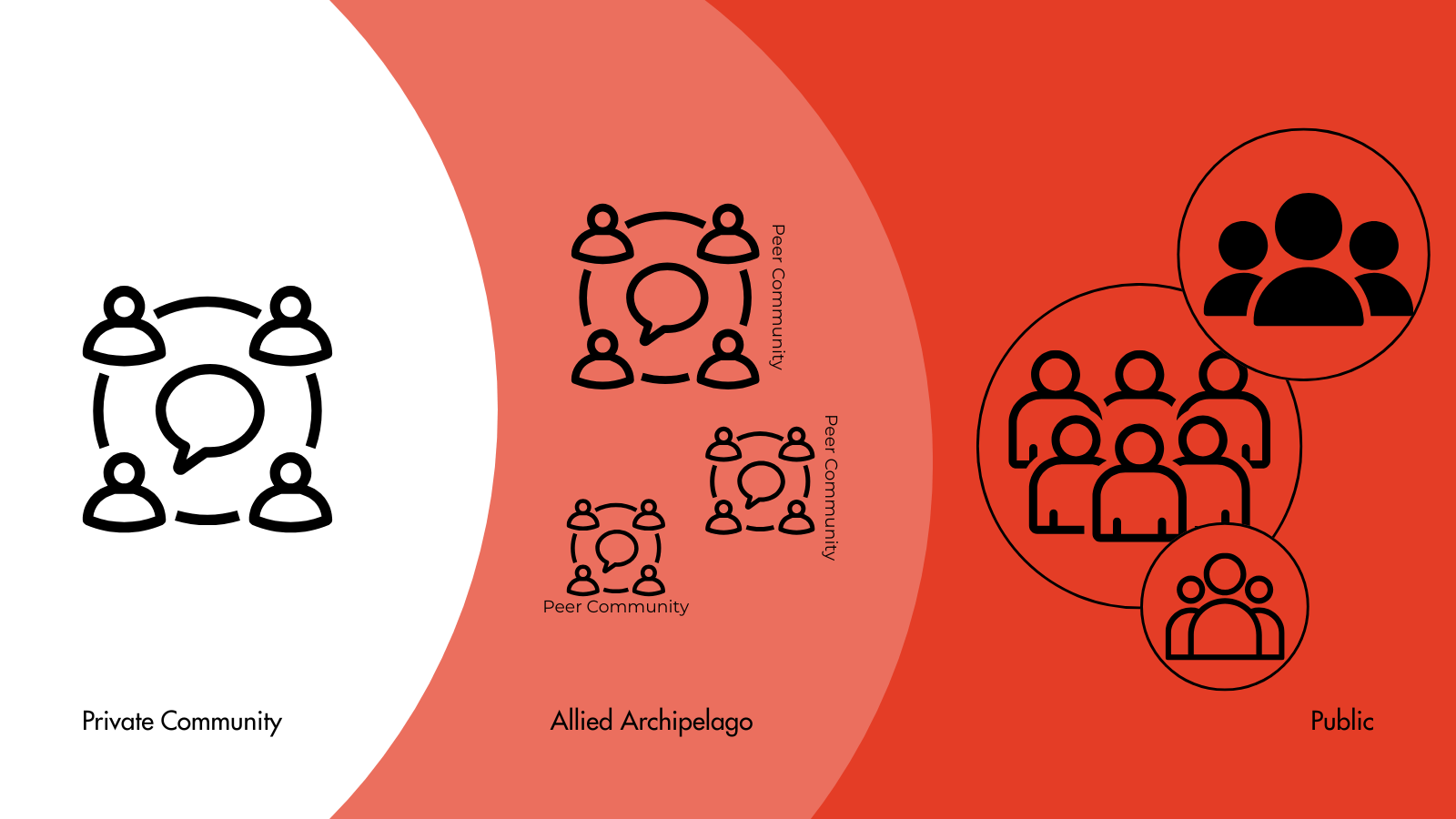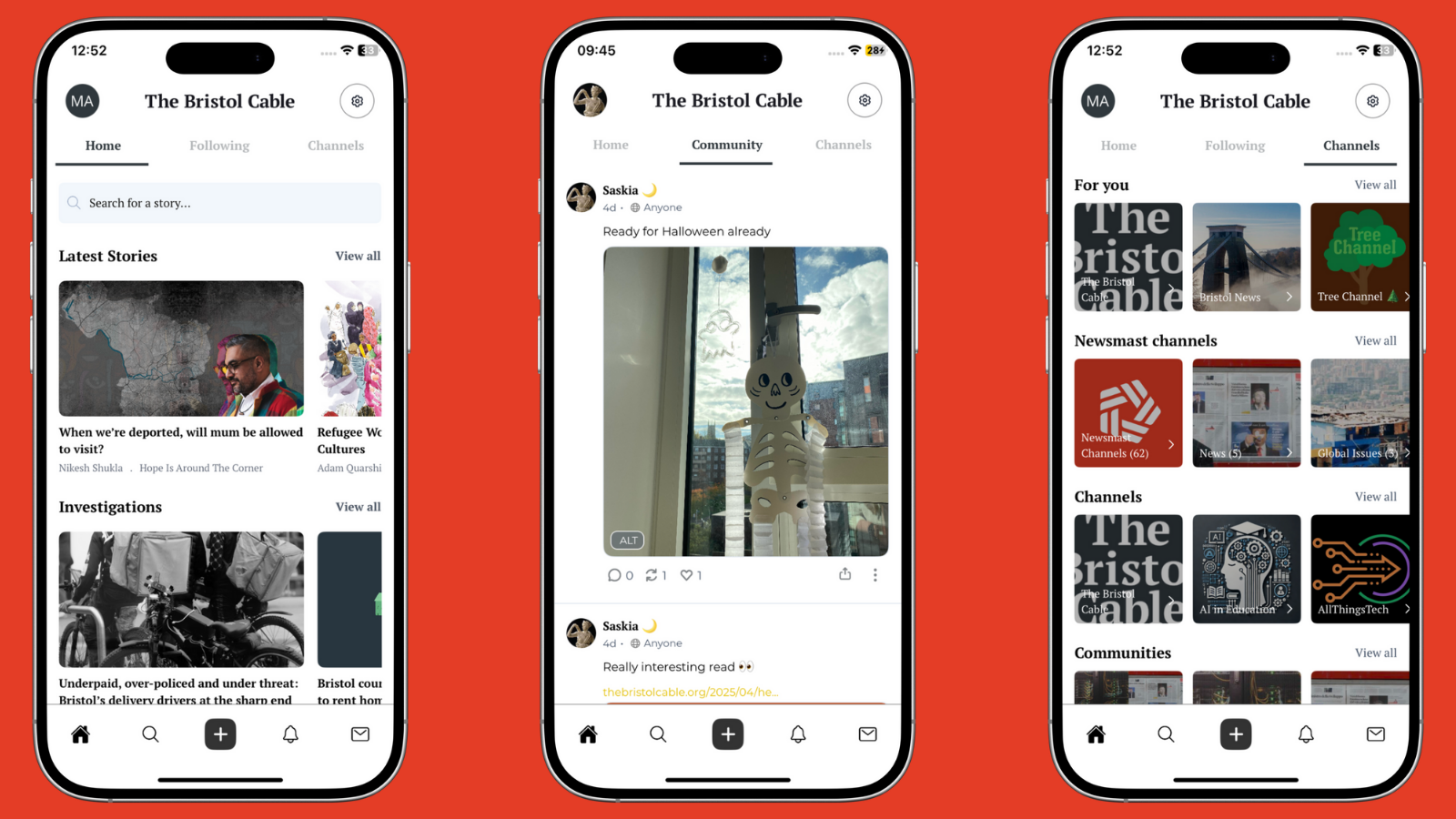The end of liberalism and the beginnings of resistance

I was at the Thompson Reuters Trust Conference last week. A good place to see where the philanthropic arm of the liberal elite is heading.*
Short answer: it's lost.
Blinded by AI and blindsided by Trump, the liberal institutions are in survival mode. Instead of taking a stand, pulling up the drawbridge and offering shelter to the rest of us, they’re doing all they can to blend into the background, making themselves invisible in order to survive. AI has them spinning, casting millions of dollars into the wind. Trump and the global rise of fascism has them in full on acquiescence mode. Two quotes stood out.
Early on in the conference, Nevşin Mengü, a Turkish journalist who has spent many years battling authoritarianism in her country, paused, looked out the audience, and said:
“This is coming for you.”
The liberal response was succinctly elucidated by Jimmy Wales of Wikipedia a few moments earlier:
“Don’t be partisan.”
Both statements were chilling. From a European perspective, the consensus at the conference was that the US is gone. A third term for Trump is already accepted. Hence Wales’ acquiescence. Keep your head down. Don’t take sides. We can survive this, but only if we don’t draw attention to ourselves.
The conference was held in London, and while in the UK we don’t (yet) have a fascist takeover, right wing populism has already unbalanced the liberal elite’s centre of gravity, leaving them stumbling rightwards.
Building the resistance
So far, so bleak. How can those of us working in the Open Social Web fight back?
First, by recognising the enormity and the urgency of the situation.
It's an emergency, as starkly described by Walter Benjamin, preparing to flee the Nazis via the Pyrenees in 1940. For a 21st century take, check out Louisa Toxvaerd Munch on TikTok:
"It's an emergency....and the first war that we need to win is the one on discourse and imagination."
We need to act accordingly, and join the resistance.
Second, we can’t turn to liberal institutions for leadership and protection. We need to create our own resistance movement. Ben Werdmuller gave a brilliant keynote at the October 2025 FediForum, recently picked up again by Laurens Hof. In The Stakes are Real: Why the Open Social Web Matters Now, Ben outlined a three step process of social network development, the inverse of oligarch-owned “global town squares” which have captured the biggest chunk of the world’s online population:
Step one, build and defend communities based on private groups and conversations. In an emergency, resistance starts with cells.
Step two, connect these cells in an archipelago of aligned communities. A social network built on trust and collaboration, replacing social media's one-way megaphone.
Step three, amplify and broadcast these messages globally.

Last but not least, going back to Johannes Ernst’s talk at FediCon, it may seem that oligarch-owned social media controls the world, but this is a sleight of hand. Lots of people who are online, aren’t on social media. And lots more aren’t online.
Ernst’s powerful point is that instead of fighting the oligarchs where they have the upper hand (or attempting to blend in, as the liberal institutions are currently doing), we can form new online communities, leapfrogging the entrenched social media powers.
Act like Sarah Connor

Putting these three thoughts together, there’s a clear imperative for those of us working on the Social Web to act in this emergency. Like Sarah Connor in Terminator 2, we need to build stockades and supply caches, drive trucks and go off grid. Go local, build communities, stay small and agile, form archipelagos. Base servers in safe places. Use privacy controls wherever it makes sense.
From the user perspective, the experience is the opposite of what we’ve been used to, both in mainstream and alternative social media. Instead of instantly landing in the toxic timeline of Twitter, the illusory safety of Bluesky, or the black hole of Mastodon’s Matrix-verse, start in a community you know and trust, and venture out from there. Dig tunnels, use bridges. Take a stand in the authoritarian West, build strongholds in Europe while we can, and look to the Global South for new communities and alliances. Turn the terrain to our advantage, as Ernst argues - find the unexplored spaces, out in the wild. In the cities, look for speakeasies, squats and basement bars. And in the US, protest, loudly, and make our voices heard.
In the bleak view, all is lost. This is not a given. We can fight back.
At Newsmast, we’re building community apps, hubs and channels on the Open Social Web, as building blocks for a resistance. Going back to “real communities with their real-world use cases,” as Ben Werdmuller describes. As we progress we hope to put together archipelagos, working across WordPress websites, Ghost blogs, Bluesky and the Fediverse. Media Revolution Day, on 5th November, invites people to drop X and turn to our Mo-Me app and community instead. And here’s a great piece by Jaldeep Katwala on our work with The Bristol Cable, a progressive UK local news publisher. That’s just the beginning. We aim to take these pilots, turn them into replicable models, and roll out more and more of these community-based platforms.
It’s an emergency. Join the resistance.

*And a place to connect with a host of journalists, publishers and non-profit workers seeking ways to make a difference in the current challenging climate.
